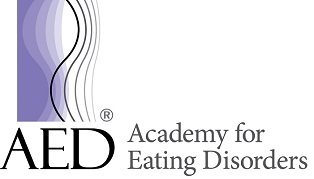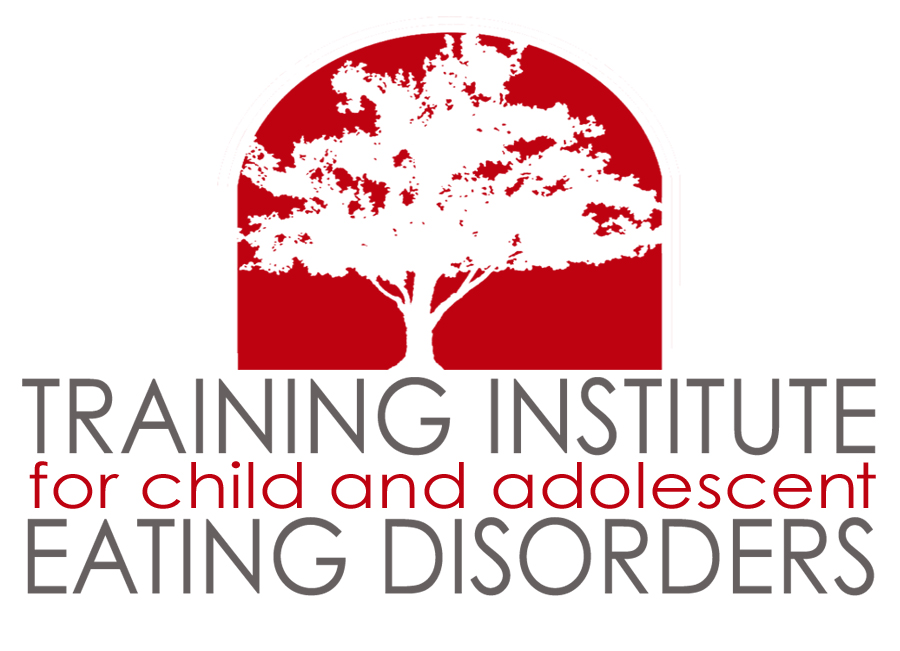Treating Depression
Depression is a mental health concern that millions of Americans live with every day. Some may be able to cope with their symptoms as they arise, while others need the support of medication and therapy to manage their symptoms. Over recent years, we have seen programming in our communities to provide education and resources regarding depression. While this has been a step in the right direction, there is still work to be done.
Types of Depression
Some may be surprised to learn that there are several forms of depressive disorders. There are several differences that can be observed within the various depressive disorders. This can include when an individual begins experiencing symptoms, the symptoms themselves, the severity of the symptoms, and the impact that the symptoms have on the person’s daily life.

BIPOLAR DISORDER
While bipolar disorder is not considered a depressive disorder, depressive episodes are one aspect of symptoms associated with bipolar I and bipolar II disorders. Depressive episodes for bipolar disorder include a depressed mood most days, decreased interest in enjoyable activities, unintended weight loss, sleep disturbances, and fatigue (American Psychiatric Association, 2013). Individuals will experience at least 5 depressive symptoms over a two-week period. With bipolar disorders, individuals need to experience manic or hypomanic episodes in addition to depressive episodes.
MAJOR DEPRESSIVE DISORDER
Major depressive episodes may be one of the more commonly recognized depressive disorders. Individuals who live with major depressive disorder can experience a variety of symptoms including a depressed mood most days, decreased interest in enjoyable activities, unintended weight loss, sleep disturbances, and fatigue (American Psychiatric Association, 2013). These symptoms will occur within the same two-week period and have a significant impact on the person’s day to day life. The key difference between this and bipolar disorder is that there are no manic or hypomanic episodes.


PERSISTENT DEPRESSIVE DISORDER
Persistent depressive disorder is characterized by the presence of a depressed mood, more often than not, for two years. Symptoms can include poor appetite or overeating, insomnia or hypersomnia, fatigue, low self-esteem, poor concentration, and feelings of hopelessness (American Psychiatric Association, 2013). Individuals with persistent depressive disorder are not without their depressive symptoms for more than 2 months.
POSTPARTUM DEPRESSION
Postpartum depression can develop while a woman is pregnant, or within the first four weeks of her postpartum period. The American Psychiatric Association reported that 3-6% of women will experience a major depressive episode during the discussed time frame (American Psychiatric Association, 2013). These symptoms will resemble depressive episodes associated with other depressive disorders.


PREMENSTRUAL DYSPHORIC DISORDER
Women who struggle with premenstrual dysphoric disorder will experience a minimum of five symptoms the week before their monthly menses. Once a woman begins her menses, her symptoms will reduce significantly, or resolve until her next cycle. Symptoms included with this disorder are mood swings, irritability or anger, depressed mood or feelings of hopelessness, and anxiety (American Psychiatric Association, 2013). Additionally, women will have one or more of the following symptoms; decreased interest in pleasurable activities, lethargy, poor concentration, appetite changes, sleep disturbances, feeling overwhelmed, or physical symptoms such as breast tenderness or joint pain (American Psychiatric Association).
SEASONAL AFFECTIVE DISORDER
Individuals who struggle with seasonal affective disorder find that their experience with depressive episodes correlates to the seasons. For example, the individual may struggle with depressive episodes in the fall or winter, and find that they have few to no depressive symptoms during the spring and summer. Seasonal affective disorder can affect individuals who live in areas with fewer hours of sunlight more when compared to areas with more sunlight throughout the day.

How We Treat
effective recovery is one step away
Resilience DBT & Eating Recovery are a team of Outpatient Therapists in New Jersey, Florida, Maryland. Our therapists are ready and equipped with clinical services to provide healing for a variety of mental health concerns.
If you find yourself searching for depression treatment, we encourage you to speak with a Resilience DBT & Eating Recovery representative. We have worked with individuals of all ages and backgrounds with a variety of mental health concerns, including various forms of depression.
Our therapists are trained to use a variety of therapeutic approaches that can be effective for depression treatment. This includes DBT, CBT, CBT-E, Family-Based Therapy, and Expressive Arts Therapy. We recognize that everyone has unique life experiences that impact their mental health, which is why we feel it is most effective to tailor your depression treatment to your mental health needs. We encourage you to ask for the help and support you deserve in your path to mental wellness.
How do I begin?
Our team is dually and expertly trained in the Treatment of Eating Disorders and DBT for Mental Health. Our Evidenced-Based approaches include FBT, CBT-E, DBT-ED, and Comprehensive DBT for co-occurring mental health conditions. Our outpatient practice has helped Children, Teens and Adults achieve full Eating Disorder Recovery and Mental Health Stability for over 25 years.
1
Schedule your 15 minute free phone consultation
This phone screening is highly confidential to help determine if coming to the Resilience practice is the best course for you or your loved one.
2
Complete an Expert and Comprehensive Intake
During your intake appointment we will gather more information to identify your stressors and needs. And work with you to develop your resilience treatment plan.
3
Get connected with Your Personalized Care Team
Meet with a practitioner to get started on your journey of healing and wellness you know you deserve.









